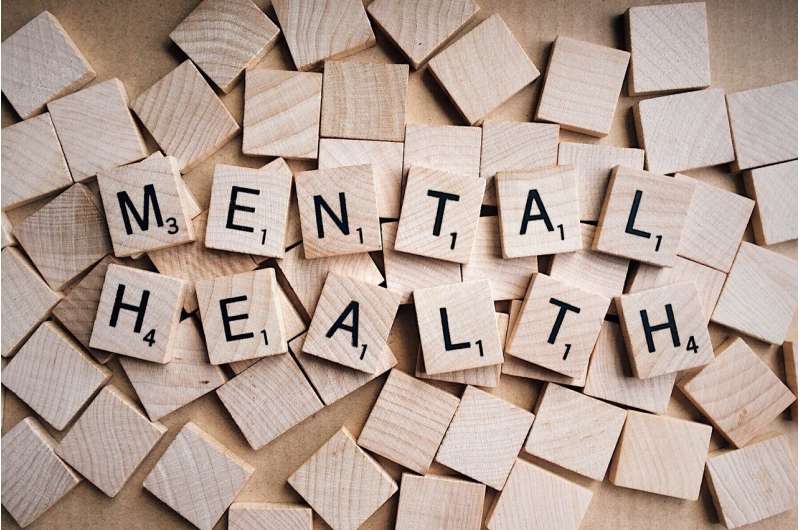Childhood Trauma and Its Long-Term Impact on Mental Health and Chronic Pain

New research highlights the strong link between childhood trauma and long-term mental health issues and chronic pain, emphasizing the importance of early intervention and prevention strategies.
Recent research from the University of Aberdeen sheds new light on the effects of childhood trauma, revealing that adverse experiences during childhood are not linked to all health conditions equally. The study, involving over 16,000 individuals born in the UK in 1958 and tracking their health into adulthood, shows that certain health issues, particularly mental health problems and severe pain, are more strongly associated with early adverse events.
The researchers analyzed data related to 14 different types of adverse childhood experiences (ACEs), such as abuse, neglect, family conflict, financial hardship, and illness within the family. These traumatic experiences have long been recognized for their impact on childhood well-being, but their influence on health in later life has been less understood across a broad spectrum of conditions.
This pioneering study is the first to examine a wide range of health outcomes simultaneously, providing new insights into targeted interventions. The findings highlight that adults who faced multiple ACEs—especially four or more—are significantly more prone to suffering from depression, anxiety, and chronic pain at age 50.
In terms of sex differences, women showed a greater correlation between childhood trauma and conditions like gastrointestinal issues and respiratory diseases, including asthma and bronchitis. Nonetheless, severe pain and mental health challenges stood out as the most prominent health outcomes linked to ACEs in both men and women.
The study utilized data from the National Child Development Study, which follows approximately 17,000 people born in England, Scotland, and Wales over one week in 1958. When these individuals reached middle age, they reported on their health across 16 conditions, making this one of the most comprehensive analyses to date.
Professor Gary Macfarlane, the lead researcher, emphasized the importance of these findings, stating that childhood adversity markedly contributes to health inequalities and should be a priority in public health strategies. He advocates for early screening for ACEs in primary care settings and targeted interventions to mitigate long-term adverse health outcomes.
Supporting this, Deborah Alsina of Versus Arthritis highlighted the connection between early trauma and chronic pain, calling for increased investment in personalized, evidence-based care to address health disparities. The results suggest that preventing childhood trauma and providing early support for at-risk families could significantly reduce the incidence of chronic health issues later in life.
Overall, the study underscores the critical need for policies focusing on childhood well-being and early intervention to promote healthier adult populations and reduce health inequalities caused by early adverse experiences.
source: https://medicalxpress.com/news/2025-08-childhood-trauma-linked-mental-health.html
Stay Updated with Mia's Feed
Get the latest health & wellness insights delivered straight to your inbox.
Related Articles
New App Aims to Reduce Risks of Cannabis Use in Young Adults with First-Episode Psychosis
A new mobile app called CHAMPS is being tested in Canada to help young adults with first-episode psychosis manage and reduce risks associated with cannabis use, promoting harm reduction and personalized support.
Innovative Tool Aims to Uncover Motivations Behind Youth Loot Box Purchases in Video Games
A new assessment tool investigates why young gamers buy loot boxes, helping identify early signs of gaming-related risks and potential harms, with implications for policy and prevention strategies.
Fostering Compassion in Children Can Promote Healthier Eating Patterns
Research shows that promoting kindness and cooperative behaviors in children can lead to healthier eating habits during adolescence, highlighting a new approach to long-term health promotion through social and emotional development.



